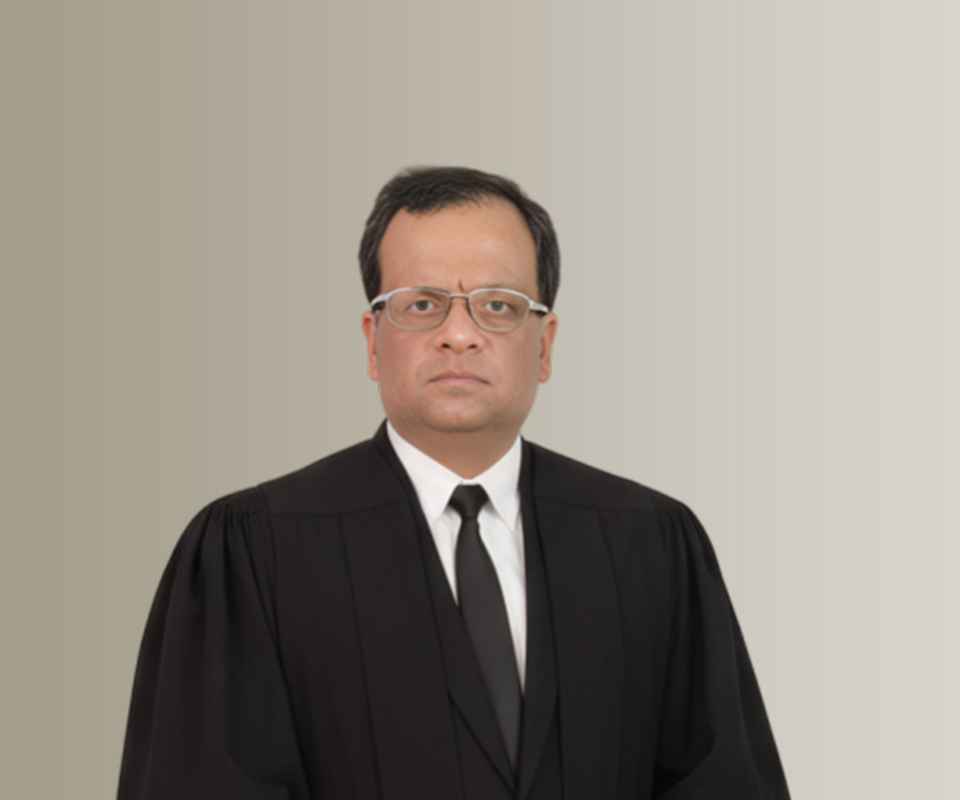Answer By law4u team
How Does Indian Copyright Law Handle Plagiarism? Plagiarism refers to copying someone’s work without credit, while copyright infringement is the unauthorized use of copyrighted material. In India, plagiarism is not explicitly mentioned in the Copyright Act, 1957, but it is covered under copyright infringement laws. Legal Provisions Against Plagiarism 1. Copyright Act, 1957 (Sections 51 & 52) - If someone reproduces, publishes, or distributes copyrighted work without permission, it is copyright infringement. - If the original creator sues, the court may grant damages or stop further use. 2. Indian Penal Code (IPC), 1860 - Section 420 (Cheating): If plagiarism involves fraud, a criminal case may be filed. - Section 406 (Criminal Breach of Trust): If a person was entrusted with creative work and misused it, this section may apply. 3. University Grants Commission (UGC) Guidelines on Plagiarism (2018) - Universities follow a four-level system to penalize plagiarism in academic work: - 0-10%: No penalty. - 10-40%: Warning and revision required. - 40-60%: Debarment from submitting work for 1 year. - Above 60%: Cancellation of degree or dismissal. Punishment for Plagiarism Under Copyright Law - Civil Liability - Compensation to the original creator. - Injunction to stop further use. - Criminal Liability (Section 63 of the Copyright Act, 1957) - Imprisonment up to 3 years. - Fine up to ₹2 lakh. Defenses Against Plagiarism Claims 1. Fair Use (Section 52) – Limited use for education, research, review, or criticism may not be infringement. 2. No Substantial Copying – If only general ideas are copied, not original expressions, it may not be infringement. 3. Prior Permission – If proper credit is given and the author permits use, it is not plagiarism.









